Products
Element3 had a diversified range of products that cater to the world’s food, health and technical industries. Element3 aims to offer the best value to its customers with its highest standards of quality. Element3 offers a range of exotic fruits, flowers vegetables, coffee, grains, spices and much more.
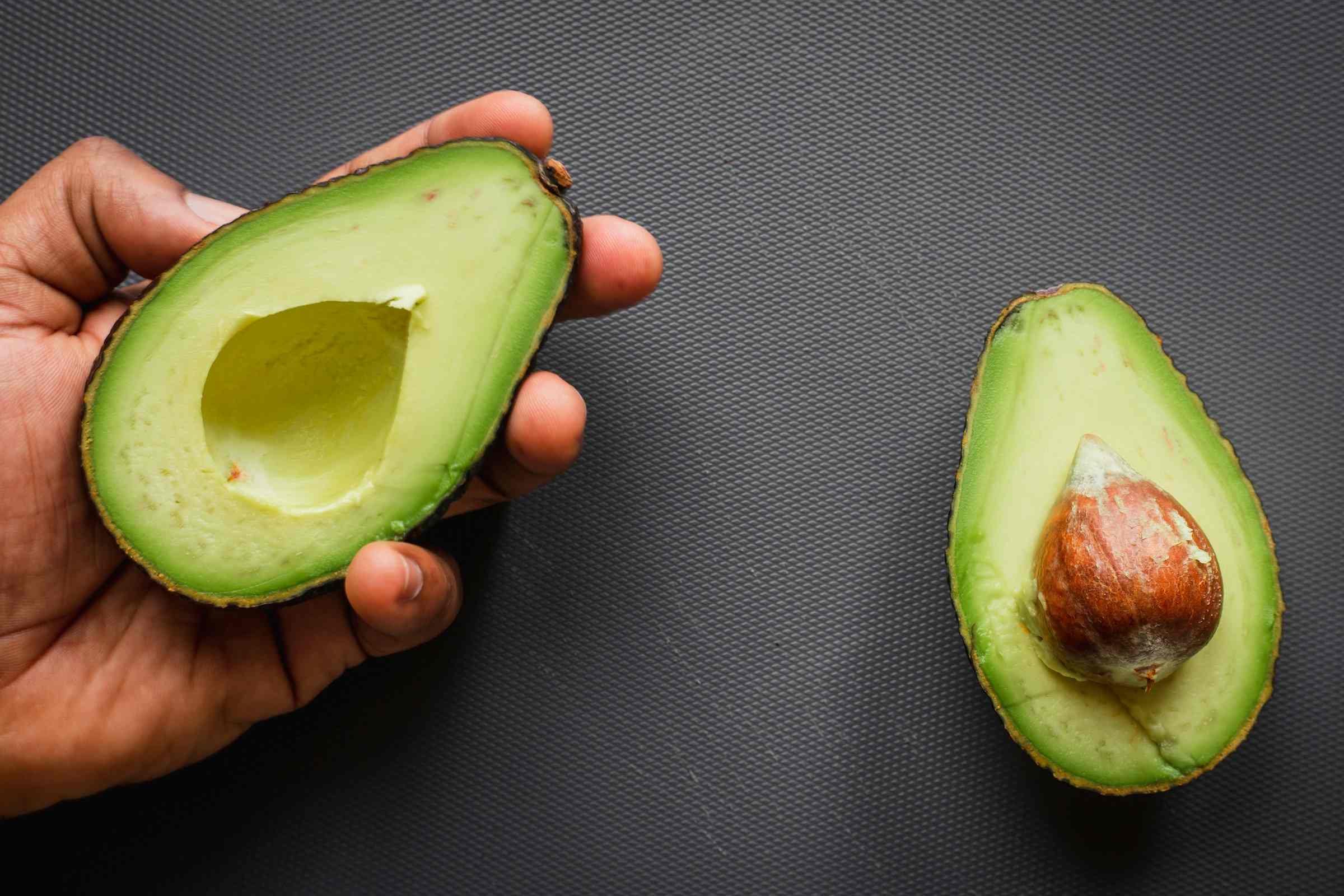
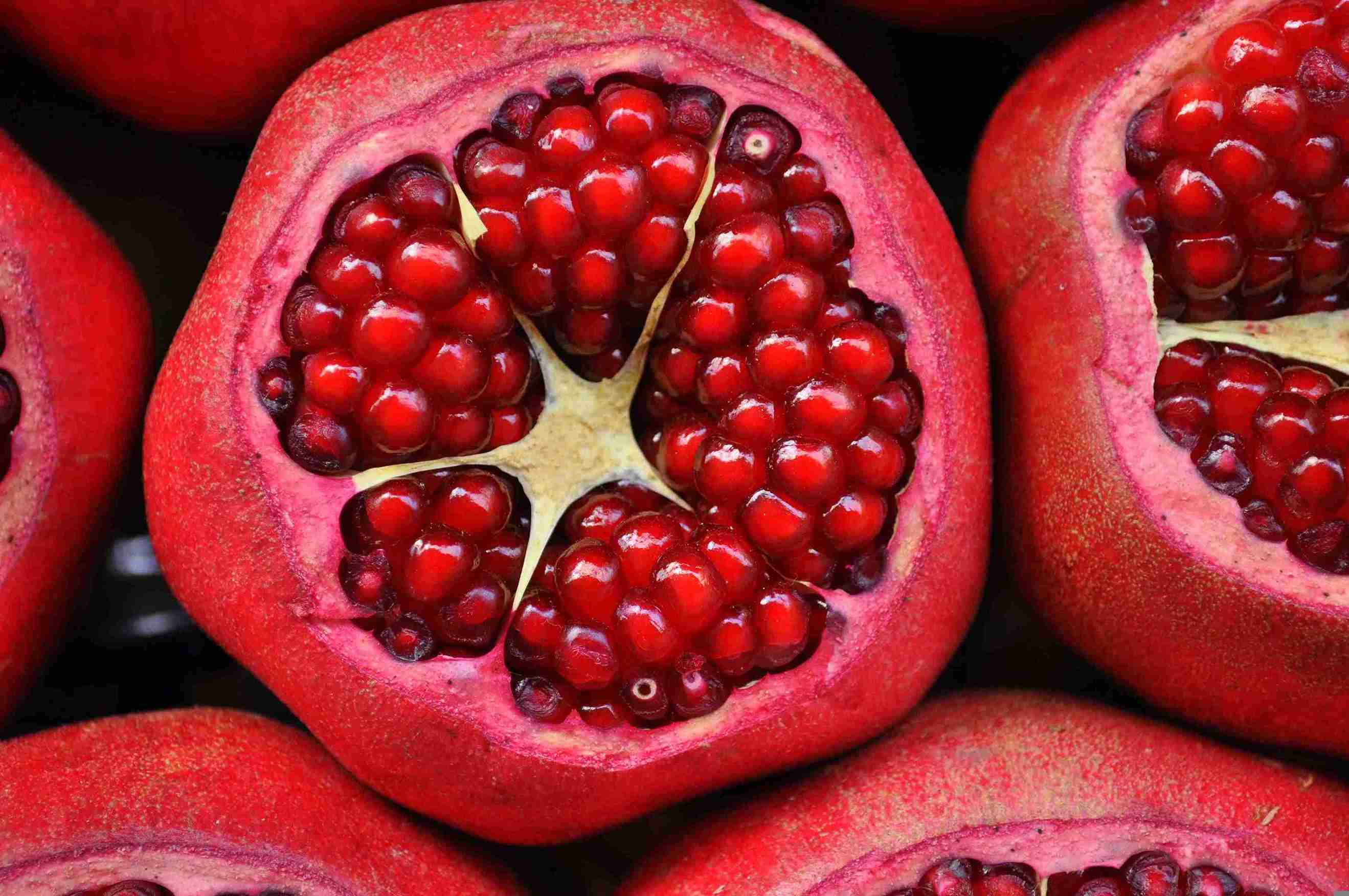
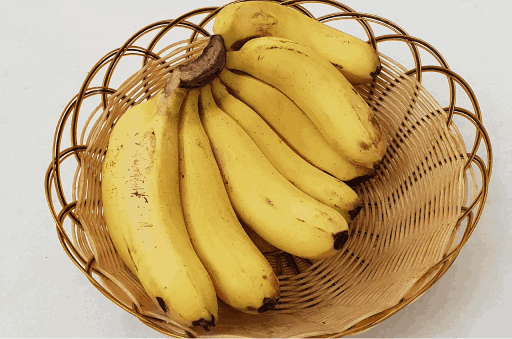

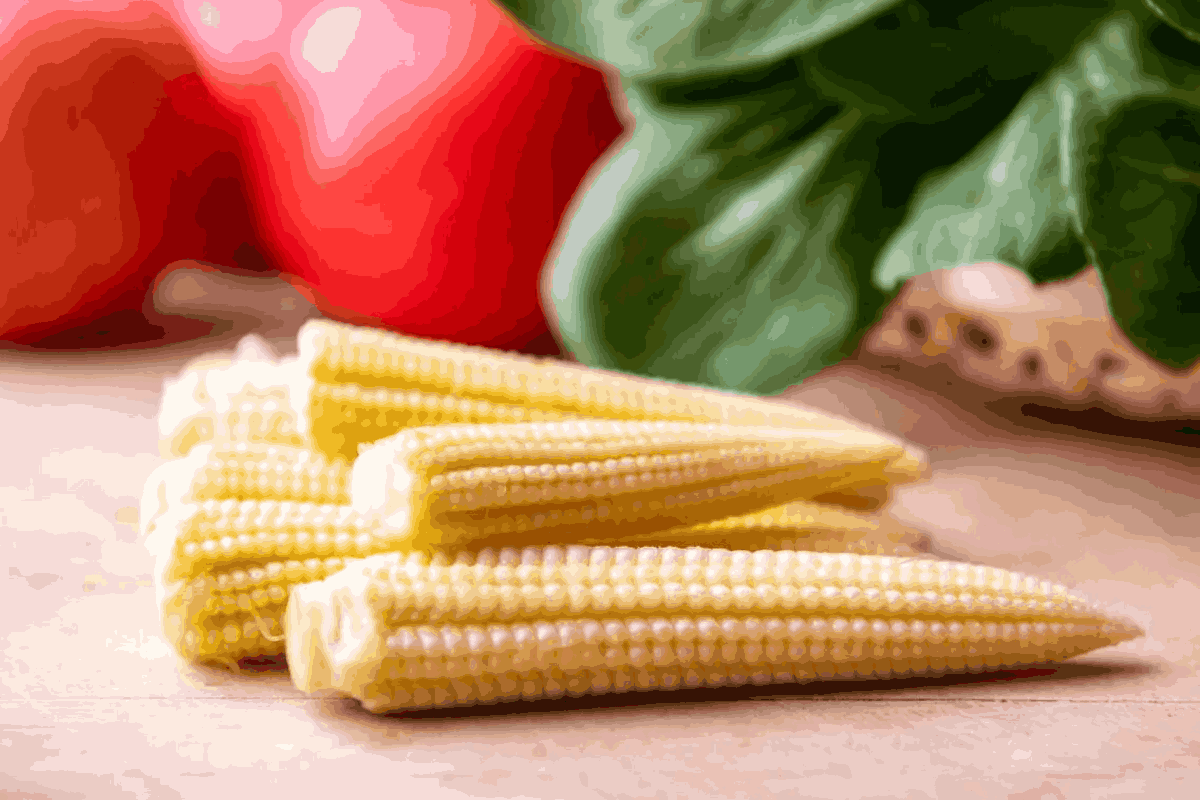
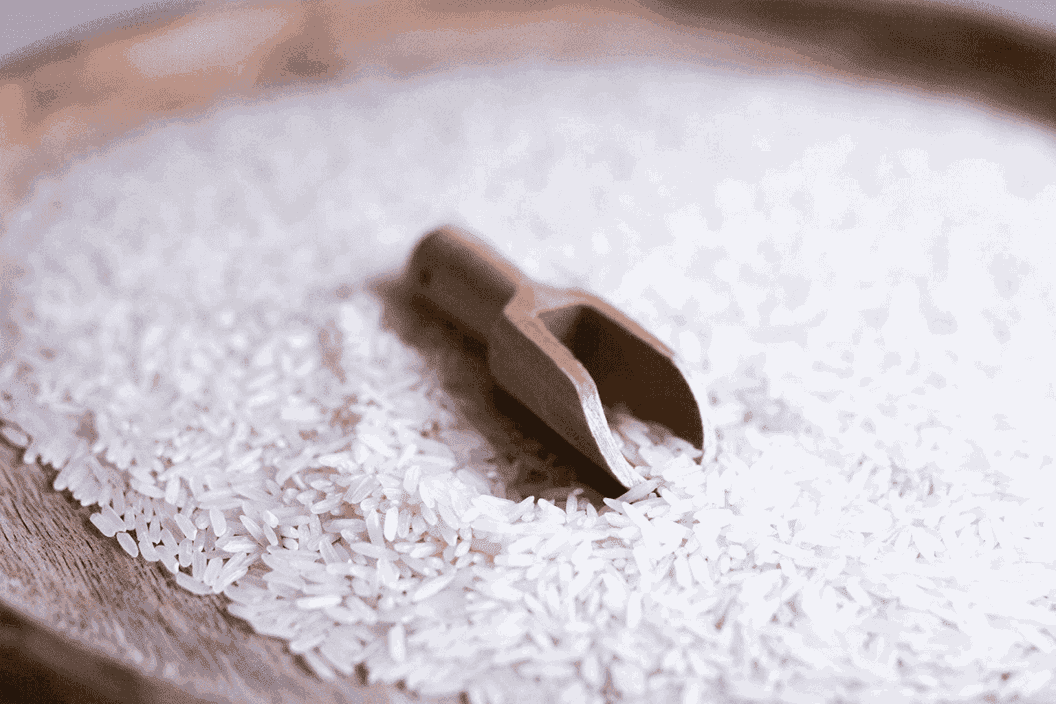
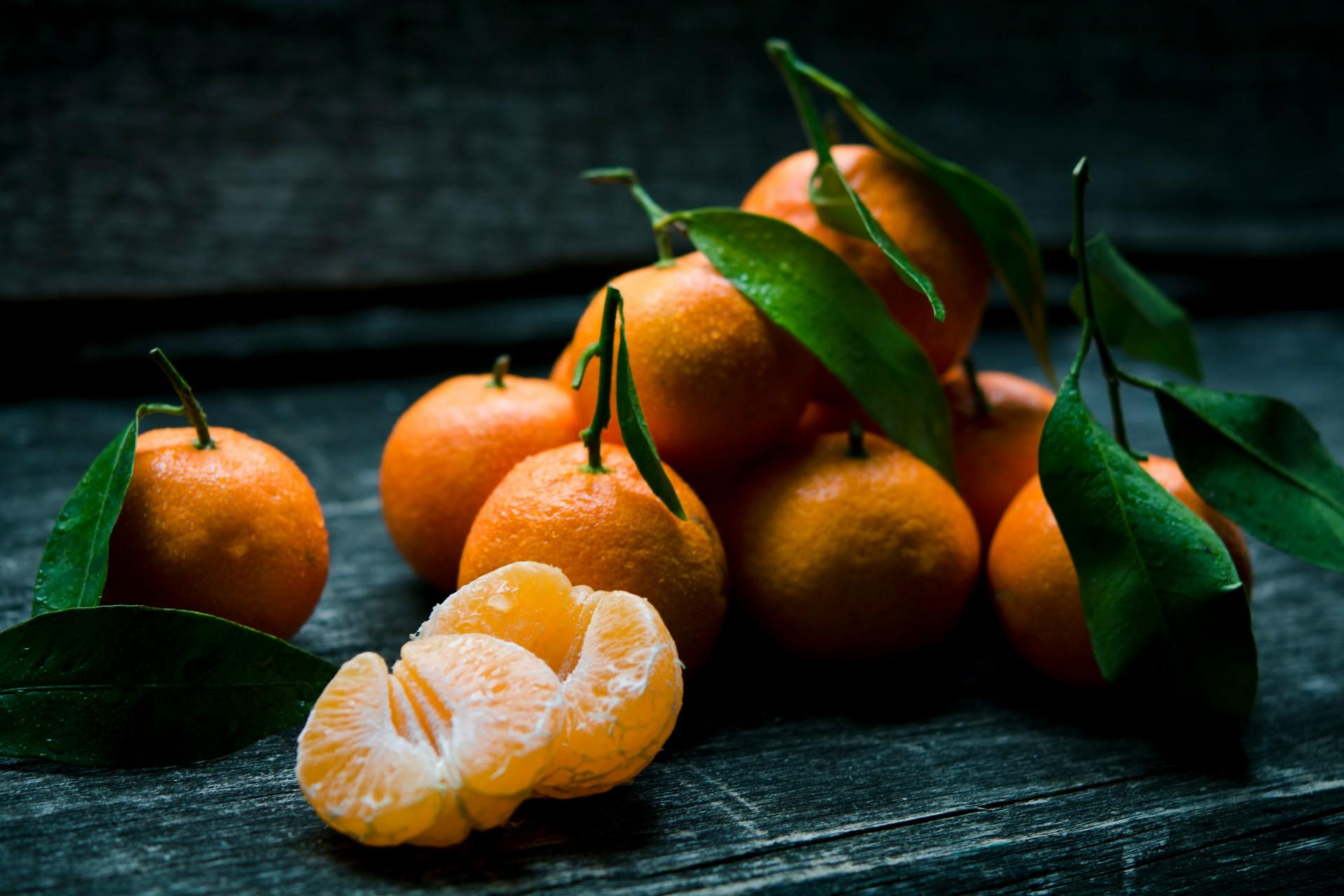
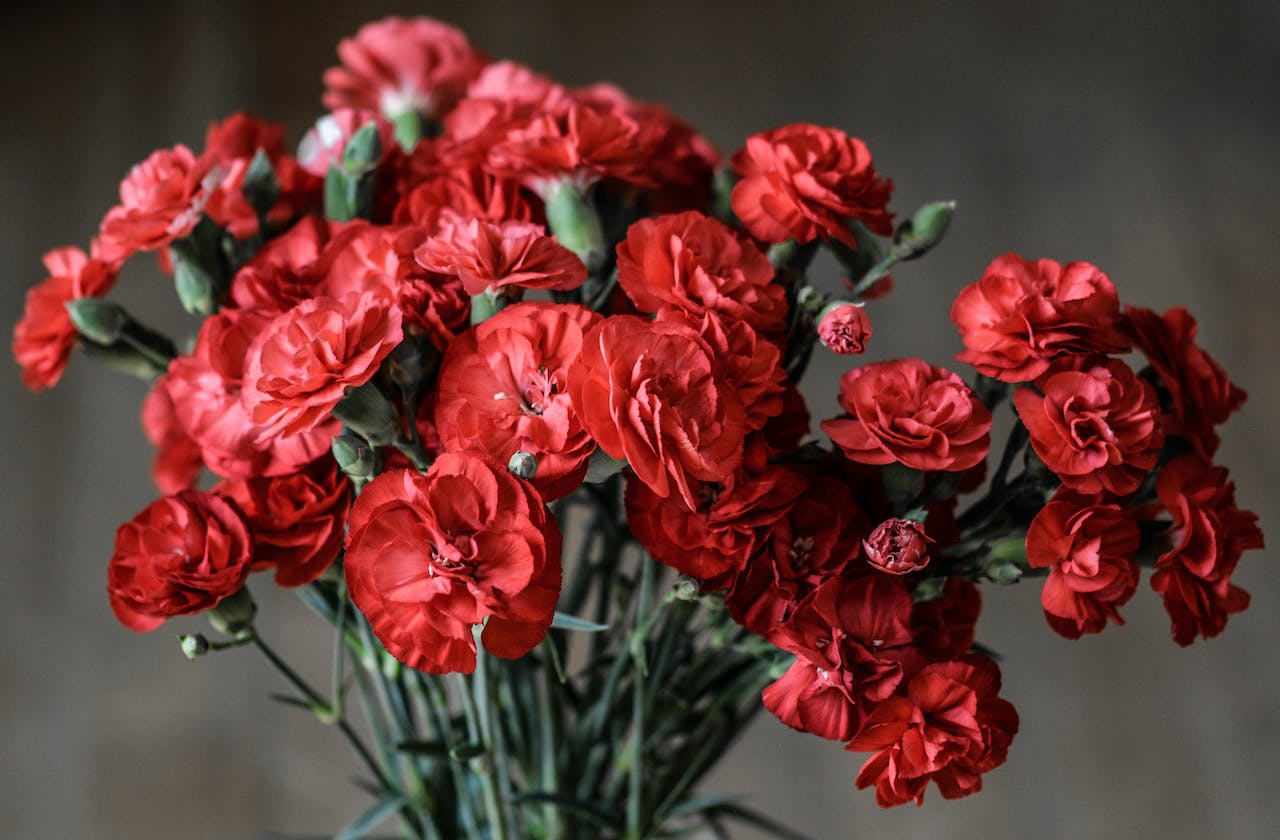
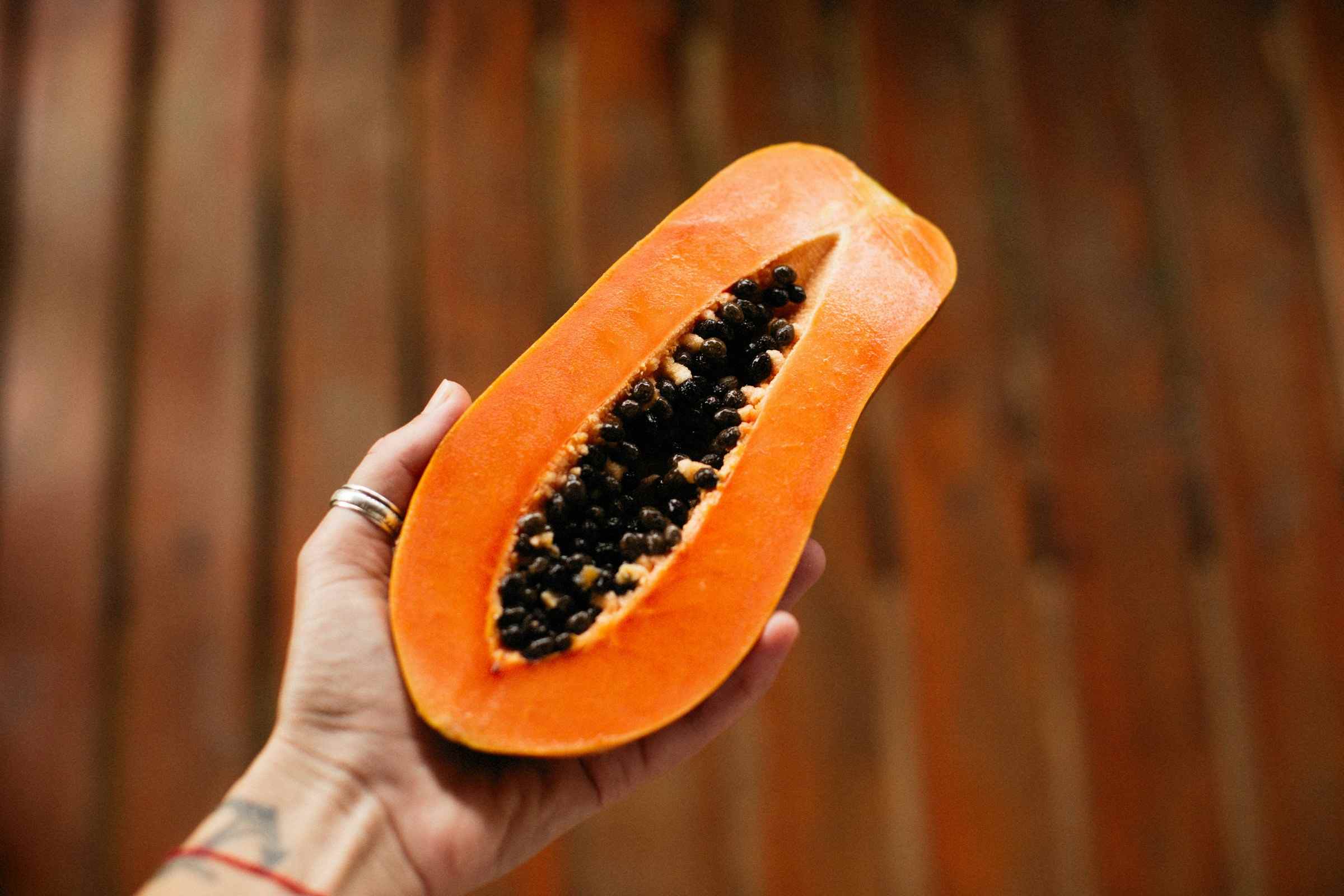
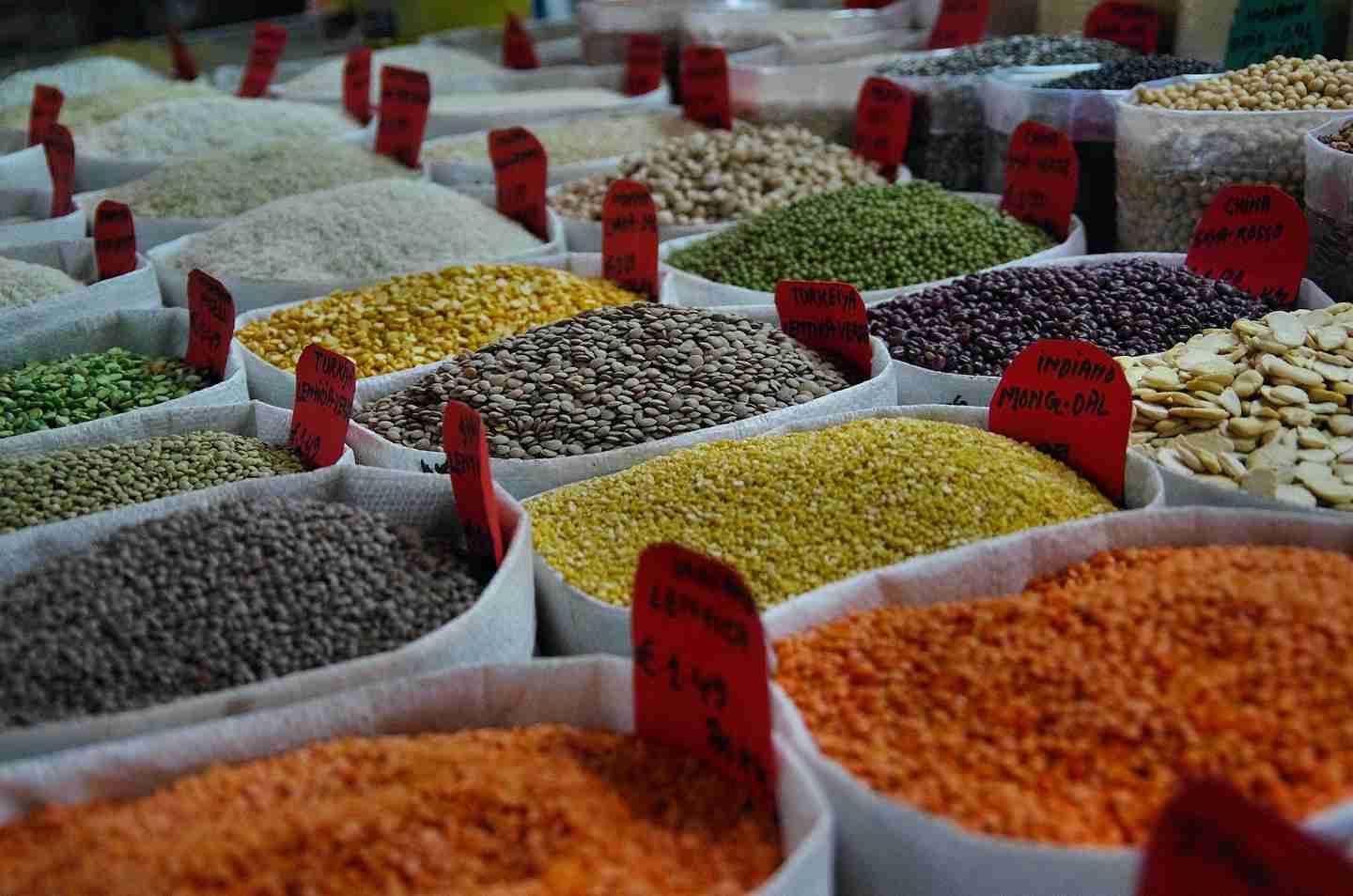
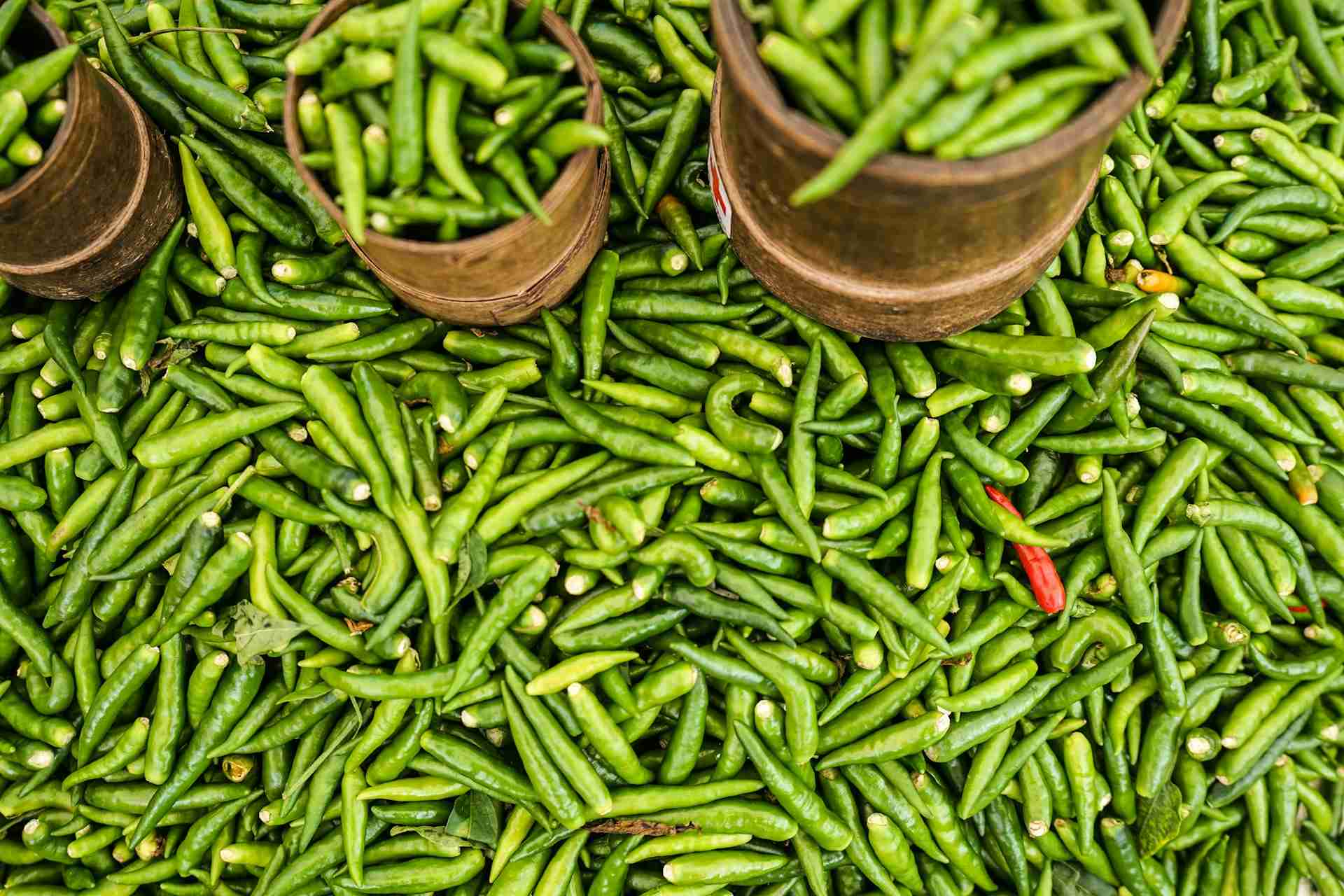
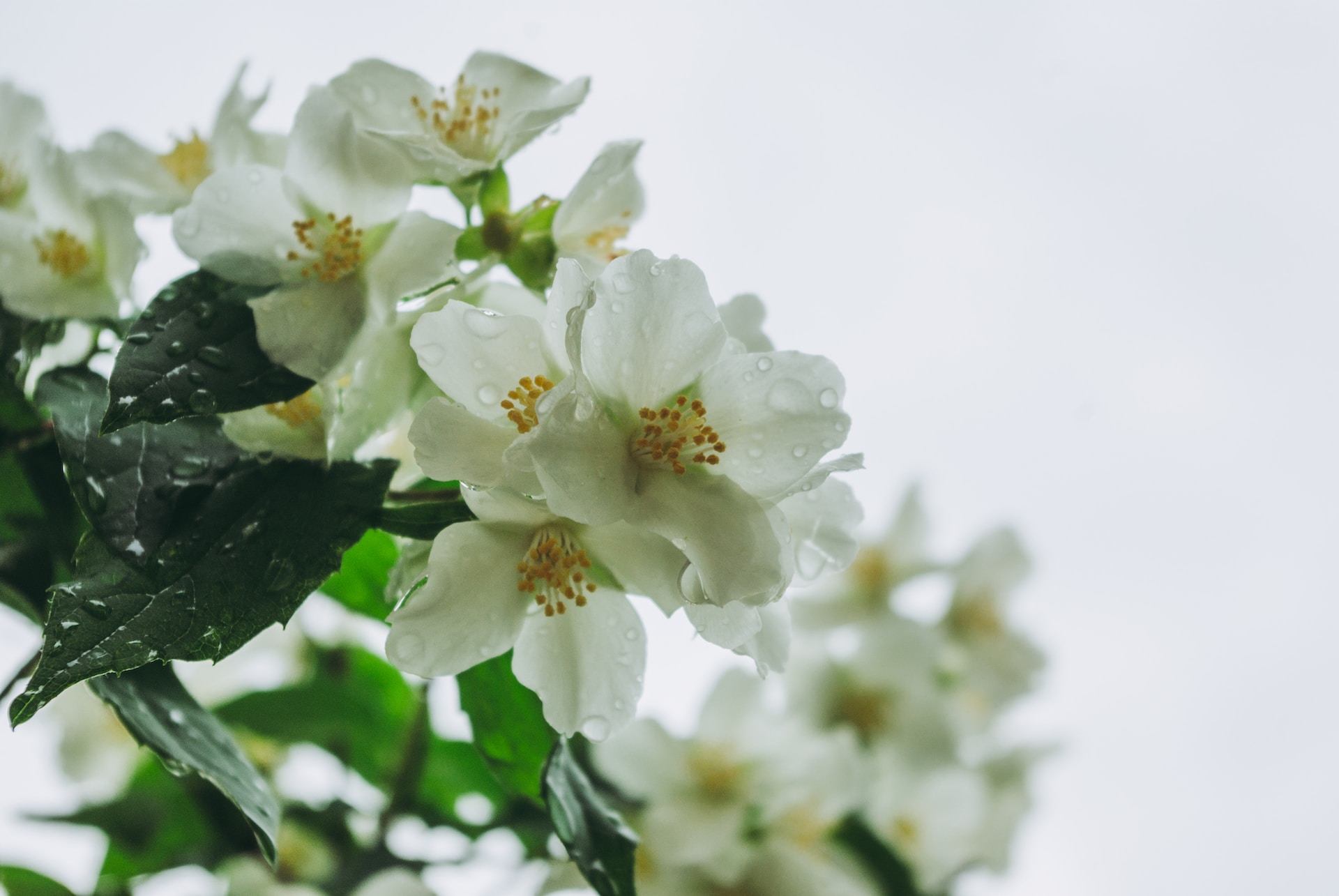
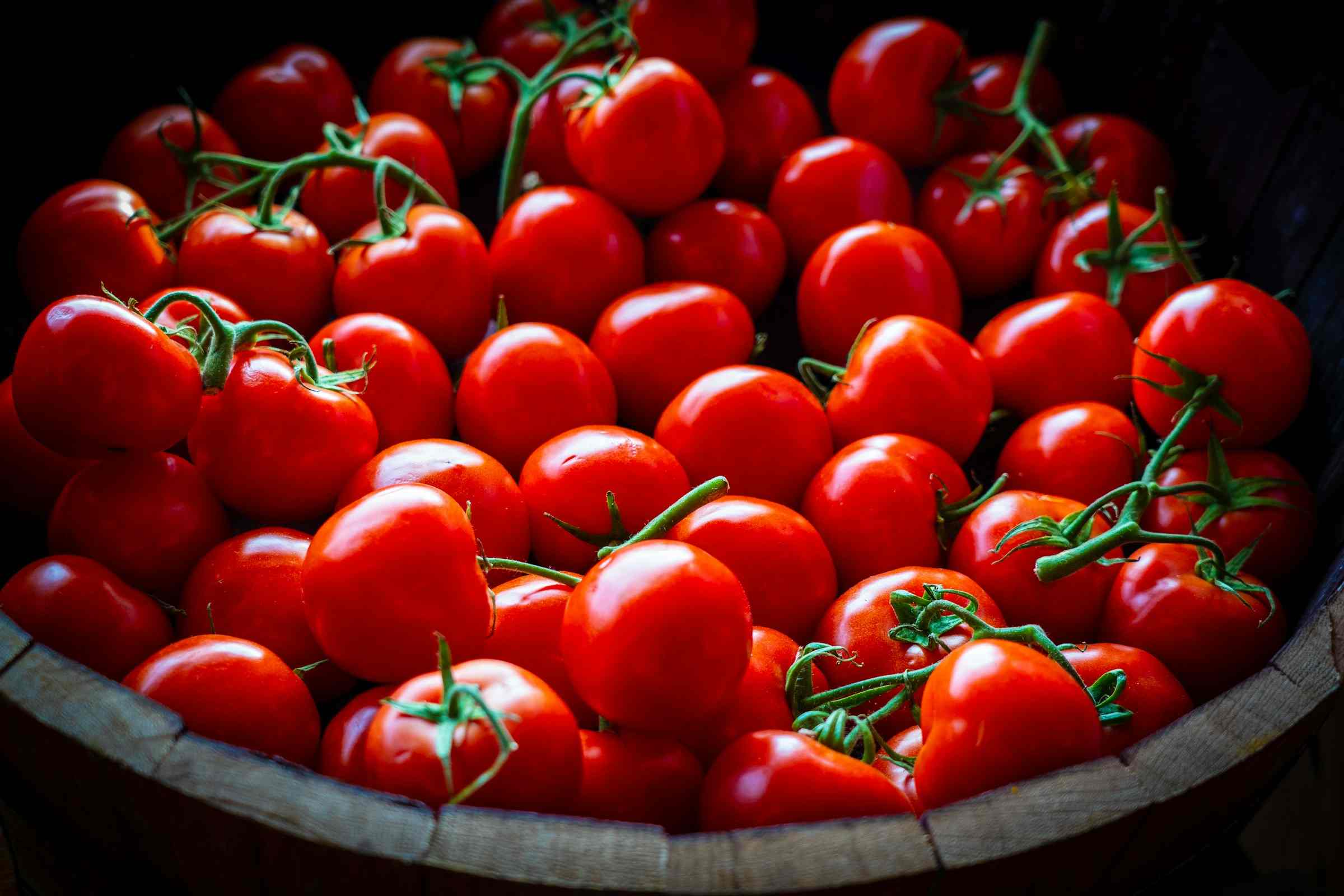
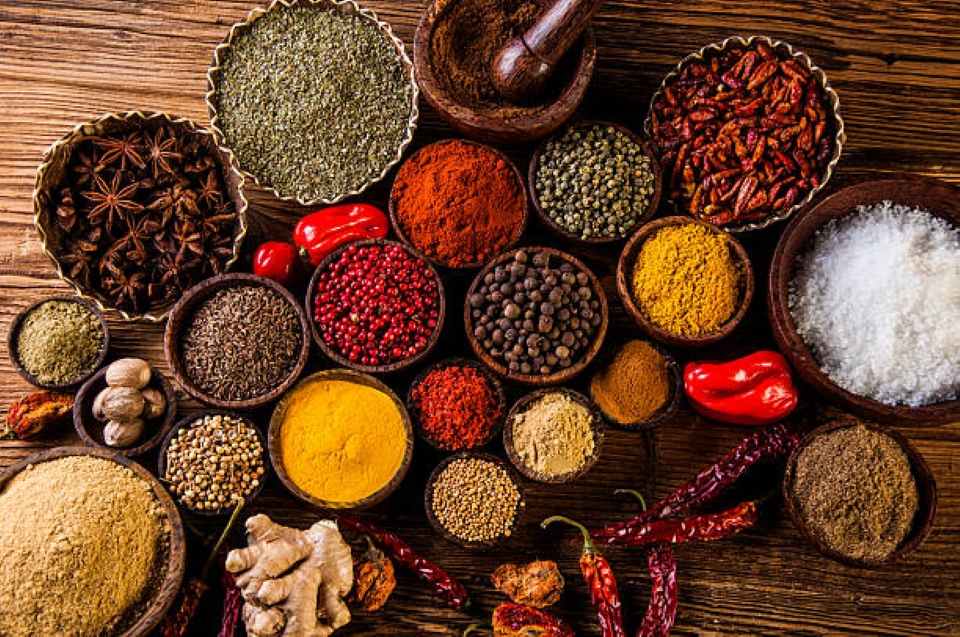
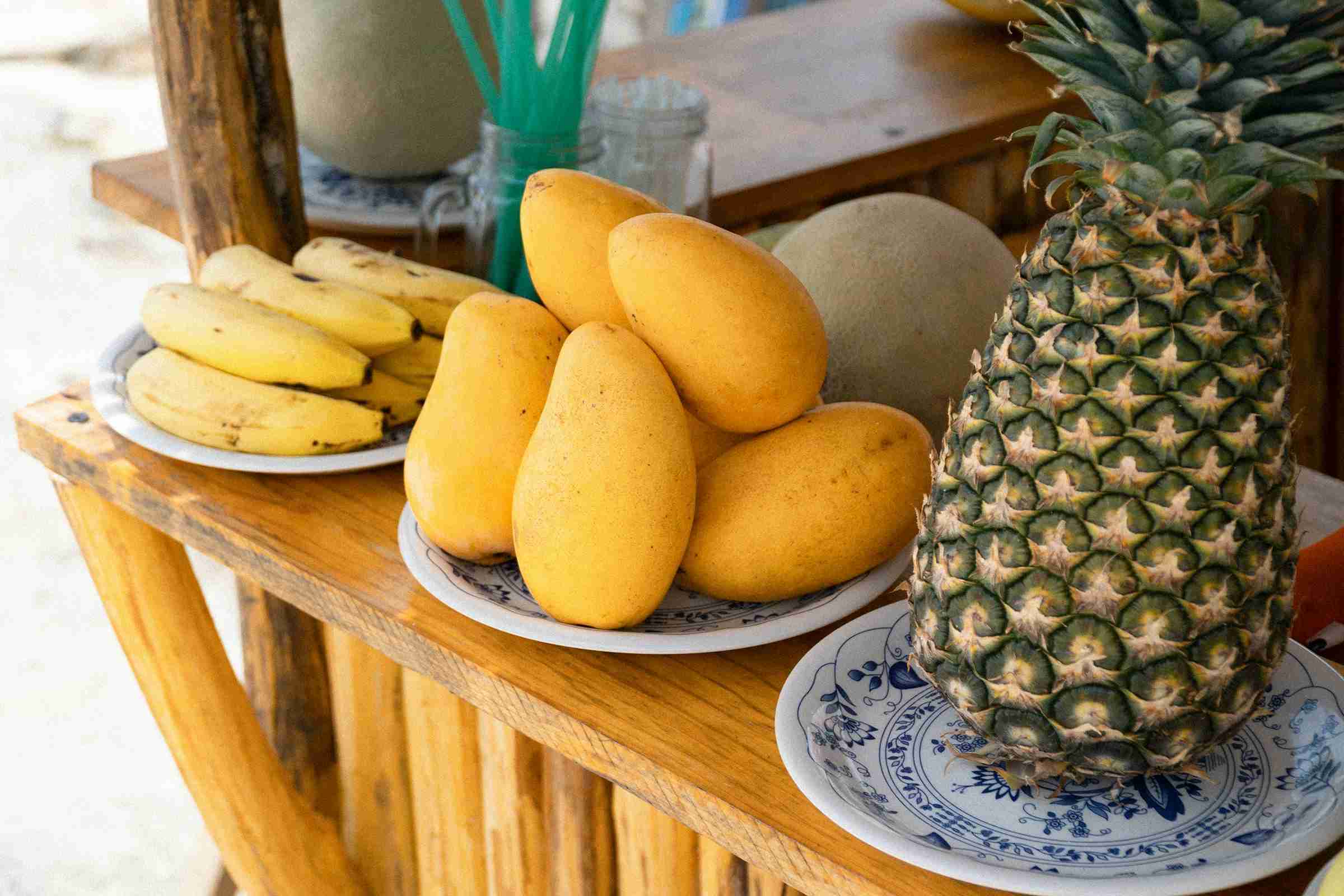
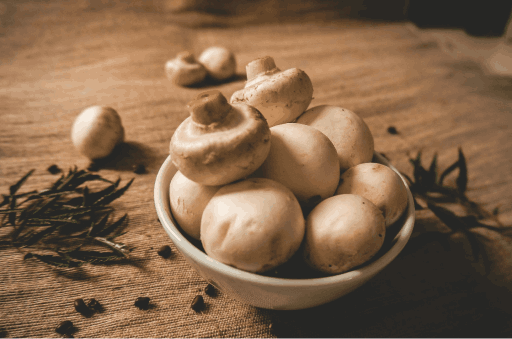
Roses






Commodity Name: The rose (Rosa) is a woody perennial plant of the genus Rosa in the Rosaceae family.
Commodity Code: 06031100
Binomial Name: Rosaceae
Cultivar/Variety: Jumilia, Peach, Avalanche, Pink, Gold strike, Tajmahal, Aqua, Top secret, Hot shot & Tropical amazon.
Color: Red, White, Pink, Yellow, Orange and Bicolor
Quality: Free of visible extraneous matter affecting the appearance, free of brushing and free of pest and diseases. Stems must be straight, rigid and single, with healthy leaves.
Size: Stem length 50 cm and above. Bud size 4 cm and above
Origin: India, Karnataka state
Network: 50+Smart farmers, Greenhouse cultivation.
Handling: Fresh, Selective Hand Picked
Season: Year around
Packaging: Corrugated Box with MAP (Modified Atmosphere Packaging)
Outer box size: L x B x H = 100 x 40 x 20 cms (approximate size)
Pack Quantity: 13.5 kg Net Weight & Empty Carton Box Wt is 1.8 Kg
Bunch size: 10 stems/Bunch
No of bunch: 25 Bunches/Box
Storage: 2 to 4 degrees temperature
Shelf life: 14 days from date of harvest
From our Farms to International Borders
Roses, the timeless symbols of love and beauty, captivate hearts around the world with their delicate petals and enchanting fragrance. Cultivated by skilled farmers from India, fresh cut roses represent not only nature’s elegance but also the dedication of growers who nurture these blooms to perfection. From sprawling farms to international markets, the journey of fresh cut roses unveils a story of passion, craftsmanship, and global trade.
The love and care of Indian farmers for their land epitomize a profound reverence for nature’s bounty and a timeless commitment to sustenance and stewardship. Rooted in tradition, infused with resilience, and guided by innovation, their agrarian ethos embodies the essence of India’s rural heritage. As they continue to nurture the land with devotion and dedication, Indian farmers stand as custodians of a timeless legacy. As these exquisite blooms continue to enchant hearts and adorn spaces around the world, they serve as ambassadors of beauty, love, and the enduring bond between nature and humanity. Varieties within the Rosaceae family, such as Rosa gallica, Rosa damascena, and Rosa centifolia, showcase unique characteristics and colors, offering a diverse selection for international markets.
The process of harvesting fresh cut roses requires finesse and timing. Experienced hands carefully select blooms at their peak, ensuring maximum freshness and longevity. After harvest, roses undergo meticulous processing, including trimming thorns, grading by stem length and quality, and meticulous packaging to preserve their delicate beauty during transportation.
Maintaining the integrity of fresh cut roses during transit is paramount to ensure their allure remains intact upon reaching international markets. Stringent quality control measures, including temperature-controlled storage and transportation, safeguard the blooms against damage and ensure they arrive at their destination in pristine condition.
Fresh cut roses embark on a global journey, traversing borders to grace homes, events, and special occasions worldwide. Through a network of distributors and exporters, these blooms find their way to florists, wholesalers, and retailers who cater to discerning clientele seeking the epitome of floral elegance. International trade agreements and partnerships facilitate the seamless flow of fresh cut roses, enriching lives with their timeless charm.
Beyond their aesthetic appeal, fresh cut roses hold deep cultural significance across diverse societies. From symbolizing love and romance to expressing sympathy and gratitude, these blooms transcend language barriers, serving as messengers of emotion and sentiment. Their presence in celebrations, ceremonies, and everyday life underscores their universal appeal and enduring relevance.
Capsicum
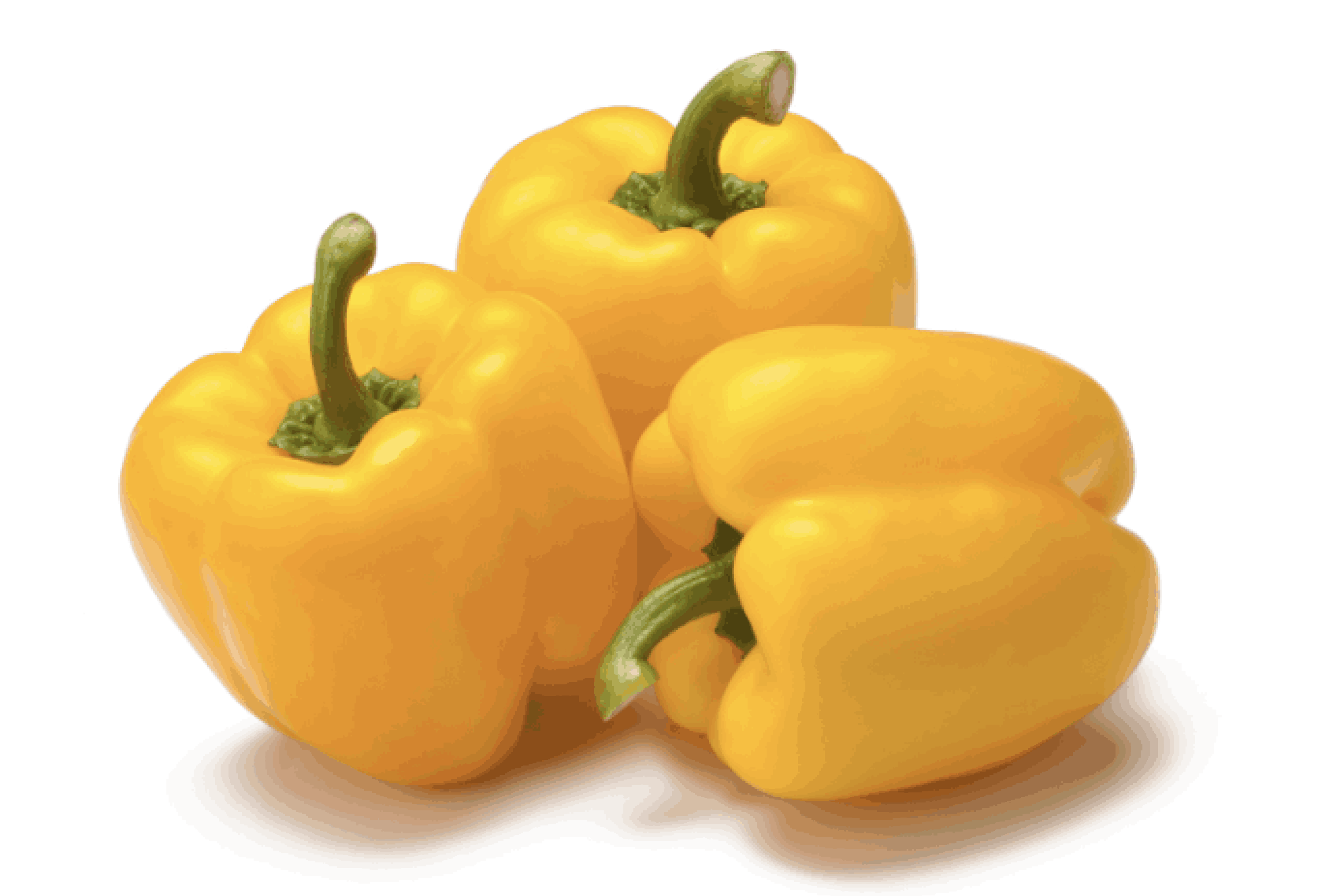
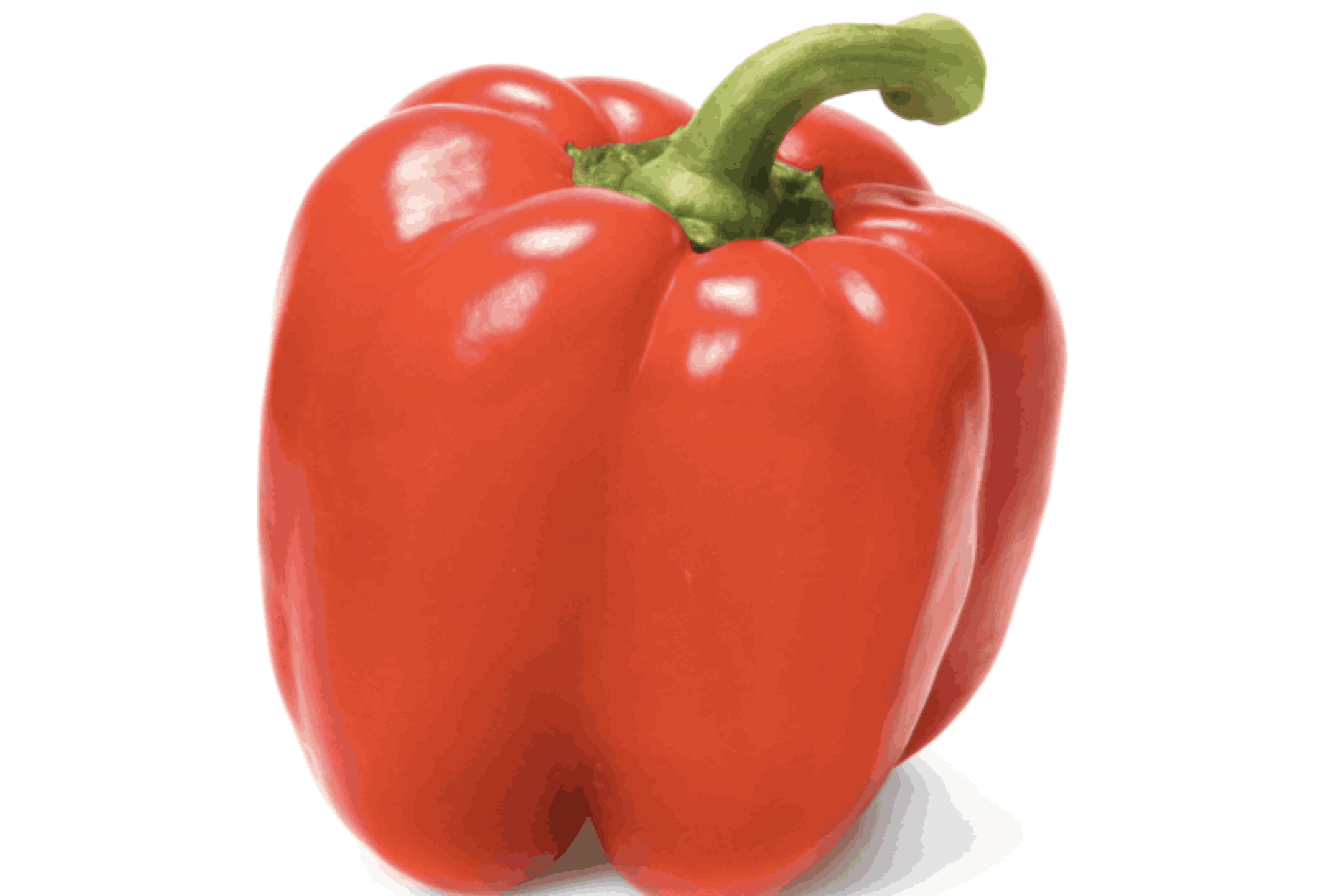
Commodity Name: Bell pepper (Capsicum annuum) pepper cultivar in the nightshade family Solanaceae.
Commodity Code: 09042110
Binomial Name: Solanaceae
Cultivar / Variety: Bachata RZ F1 Rijkzwaan
Color: Red and Yellow
Quality: Free of visible extraneous matter affecting the appearance, free of brushing, and free of pests and diseases.
Size: 200gm and above with 80% color maturity
Origin: India, Karnataka state.
Network: 25+ Smart farmers, Greenhouse cultivation.
Handling: Fresh, Selective Hand Picked
Season: Year-round
Packaging: Corrugated Box with MAP (Modified Atmosphere Packaging)
Outer box size: L x B x H = 40 x 30 x 10 cms (approximate size)
Pack Quantity: 2.5 kg Net Weight & Empty Carton Box Weight is 500gm
No of pieces: 12 pieces /Box
Storage: 6 to 8 degrees temperature
Shelf life: 12 days from the date of harvest
Harvesting Nature's Palette: Red and Yellow Capsicums from Indian Farms for Global Trade
The Journey of Red and Yellow Capsicums: From Farm to Global Fame
In the vast canvas of agriculture, red and yellow capsicums emerge as nature’s vibrant jewels, enchanting palates and sparking culinary innovation worldwide. These colorful bell peppers, grown with precision and passion, stand as beacons of freshness, taste, and nutritional bounty. We invite you on an exploratory journey that traces the path of red and yellow capsicums from their cultivation in diverse terrains to their prominence in the international market.
Cultivation and Farming:
– Adaptable Growth: Thriving in various climates, red and yellow capsicums are cultivated under the skilled care of farmers. Whether basking in natural sunlight or grown in controlled greenhouse environments, these capsicums are a testament to agricultural adaptability and sustainability.
– Sustainable Practices: Emphasizing soil health, efficient water use, and integrated pest management, farmers ensure these capsicums reach their full potential, yielding glossy, robust fruits ready for harvest.
Harvesting and Handling:
– Precision Harvesting: The collection of red and yellow capsicums is an art, requiring gentle hands to minimize damage and maintain their pristine condition. This careful process preserves their alluring colors and optimal freshness.
– Post-Harvest Care: Rigorous sorting, grading, and packaging processes are essential to extend shelf life and retain the capsicums’ flavor and nutritional value during transport, adhering to strict hygiene and cold chain standards.
Quality Assurance:
– Rigorous Standards: To ensure that only the best produce reaches the global market, farms implement stringent quality control protocols. This includes visual inspections, size grading, and sensory evaluations, aligning with international food safety and quality certifications.
Global Trade:
– International Presence: Red and yellow capsicums cross continents, enriching global cuisine with their exceptional taste and versatility. Through a robust network of exporters, distributors, and retailers, these capsicums are made available worldwide, testament to their sought-after quality and culinary value.
Nutritional and Culinary Delights:
– Health Benefits: Packed with vitamin C, antioxidants, and dietary fiber, red and yellow capsicums are not just a feast for the eyes but a boon for health.
– Culinary Versatility: From adding vibrancy to salads and stir-fries to enhancing sauces and stuffed dishes, these capsicums bring sweetness, texture, and color to a variety of culinary creations, celebrated for their ability to transform any dish into a gastronomic masterpiece.
Conclusion:
The journey of red and yellow capsicums from farm to table is a testament to the dedication and skill of farmers, the rigorous standards of quality assurance, and their celebrated role in global cuisine. As symbols of agricultural excellence and culinary innovation, these capsicums continue to inspire and delight, bridging cultures and bringing the world together through the universal language of food.
